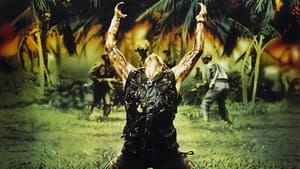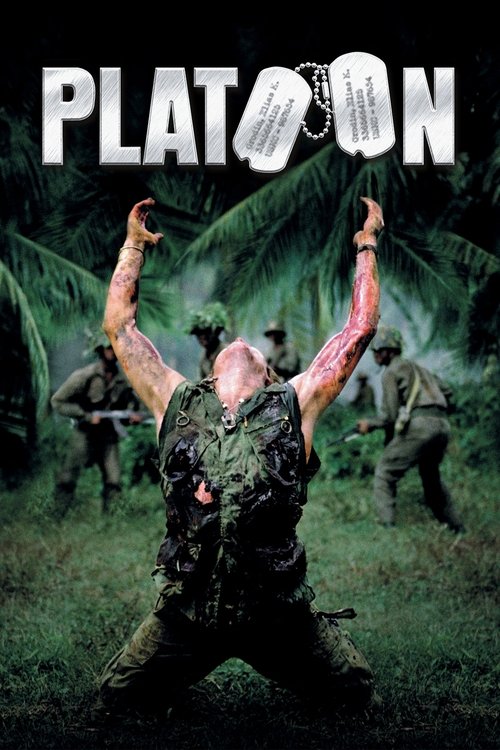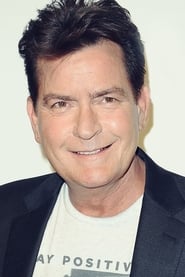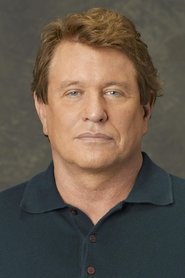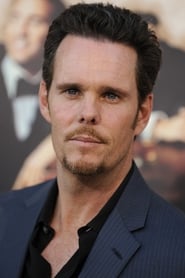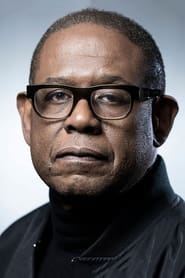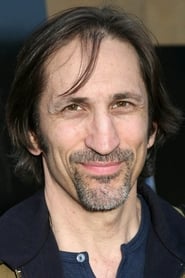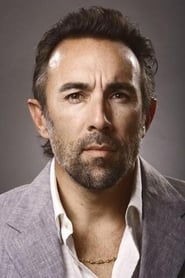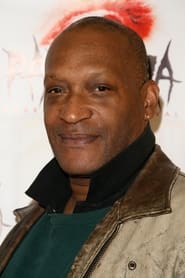Cast
View AllCharlie Sheen
as Chris Taylor
Willem Dafoe
as Sergeant Elias Grodin
Tom Berenger
as Sergeant Robert "Bob" Barnes
Kevin Dillon
as Bunny
Forest Whitaker
as Big Harold
Mark Moses
as Lieutenant Wolfe
Keith David
as King
Richard Edson
as Sal
Francesco Quinn
as Rhah
John C. McGinley
as Sergeant O'Neill
Johnny Depp
as Gator Lerner
Reggie Johnson
as Junior
David Neidorf
as Tex
Chris Pedersen
as Crawford
Tony Todd
as Warren
Crew
Director
- Oliver Stone
Producer
- Arnold Kopelson
Reviews
tricksy
Platoon is a must see. The film that put Stone on the map, Platoon is considered by Vietnam Vets as the most realistic. But in keeping the maxim of giving credit where credit is due, much of the success of Platoon belongs to military adviser Captain Dale Dye, who has been linked to pretty much every great war movie in the last twenty years. Much accolades to Tom Berenger as well, whose performance as Sgt. Barnes is the tour de force of his career. With a great script, great performances, and awesome cinematography, Platoon is a surefire classic.
Jun 10, 2015
Filipe Manuel Neto
**A film with a good script and good characters, but which exaggerates some things and is as anti-war as almost all films about Vietnam.**
The Vietnam War is one of the most brutal conflicts the US was involved in the 20th century, and one of the first wars that Americans lost. Following the expulsion of the Japanese and the end of French colonization in the region, the effort to help democratic South Vietnam to survive the invasion by its northern neighbor, a pawn at the orders of the USSR, resulted in a bloodbath that it leaves dents in the American mentality. That's why there are several films about this war, and the vast majority are highly critical of US intervention. This film is just another one and brings us a story that is not very different from what we can see in “Apocalypse Now” or “Full Metal Jacket”.
Charlie Sheen gives us what we can consider his best and most solid effort as an actor. In addition to looking appropriately unprepared, like an ordinary kid who goes to a war he's not ready for, he makes a poignant dramatic effort and gives the character a well-done psychological evolution. However, the film also features two great actors who achieved a deserved highlight: Tom Berenger and Willem Dafoe. They give life to two totally antagonistic characters who, with their conflict, almost jeopardize the operational viability of their combat group. The film also stars Forrest Whitaker, Keith David and an extremely young Johnny Depp.
Technically, the film has extremely solid points. Skillfully directed by Oliver Stone, who gives us one of the most intense and consistent works in his cinematographic work, the film was made in very good locations and manages to give us all the realism and tension we could want in a war film. The second part is particularly brutal, with very intense combat scenes, a lot of blood and scenes not suitable for impressionable people. I even dare to say that it is not a suitable film for anyone who has been in combat and has been left with psychological problems. The cinematography is deeply atmospheric, with a creative use of light, cloudiness, fog and vegetation, and very intelligent framing. The soundtrack features several deeply atmospheric themes, of which I highlight Samuel Barber's Adagio, one of the most poignant melodies in the classical repertoire.
The script is also full of qualities. Amid all the brutality and the usual messages about the futility and inhumanity of war, common to most films about Vietnam, a plot of bloody rivalry develops between two sergeants from the same platoon: one is a man with leadership skills who is determined to carry out the mission without allowing himself to commit unjustified excesses and brutalities; the other is a worn-out veteran who doesn't mind massacring everything he touches to do the thing. Obviously, things become unsustainable and soldiers' loyalties are divided, something that would be unacceptable in a military unit. It's good to see this, the rivalry gives more flavor to the film, even though it is completely absurd if we consider how much the military values obedience and the chain of command. In addition to all this, the film also divagates a lot about the use of drugs as a way of escaping the reality. This actually happened, and it was not uncommon to give soldiers exciting substances so that they could more easily withstand the hardships of combat, but it seems to me that the film goes beyond what is reasonable. Oliver Stone exaggerates in his portrayal, which is no surprise considering the films he has directed.
Dec 26, 2023
Thematic Analysis
As a dramatic work, Platoon examines complex human relationships and emotional struggles against the backdrop of a period setting that reflects societal issues of its time. The character development particularly stands out, offering viewers a chance to reflect on their own life journeys.
Director Oliver Stone brings their distinctive visual style to this film, continuing their exploration of themes seen in their previous works while adding new elements. Their approach to character development and emotional depth creates a viewing experience that rewards close attention.
Released in 1986, the film exists within a cultural context that now offers viewers historical perspective on the social issues of that era. Its critical acclaim reflects its artistic achievements and its place in cinema history.
Did You Know?
- The production of Platoon took approximately 9 months from pre-production to final cut.
- With a budget of $6.0 million, the film proved to be a financial success, earning back its investment and more.
- The final cut of the film runs for 120 minutes, though the director's initial assembly was reportedly 155 minutes long.
- Some visual effects sequences took up to 8 months to complete.
- The musical score contains over 79 unique compositions.
- The screenplay went through 8 major revisions before the final shooting script was approved.
Historical Context
- In 1986, when this film was released:
- Personal computers were beginning to transform homes and workplaces.
- The Cold War was entering its final phase.
- Independent cinema was growing in influence, challenging the dominance of major studios.
How This Film Stands Out
While Platoon shares thematic elements with other films in its genre, it distinguishes itself through its unique approach to storytelling, visual style, and character development.
Unlike Hazel's People, which takes a more conventional approach to its subject matter, Platoon subverts genre expectations by exploring its themes with greater nuance.
While films like Elite Squad and The Bucket List explore similar territory, Platoon stands apart through its distinctive directorial vision and pacing.
This film's unique contribution to cinema lies in its thoughtful balance of entertainment value and thematic depth, making it a valuable addition to its genre.
Details
- Release Date: December 19, 1986
- Runtime: 2h
- Budget: $6,000,000
- Revenue: $138,530,565
Where to Watch



